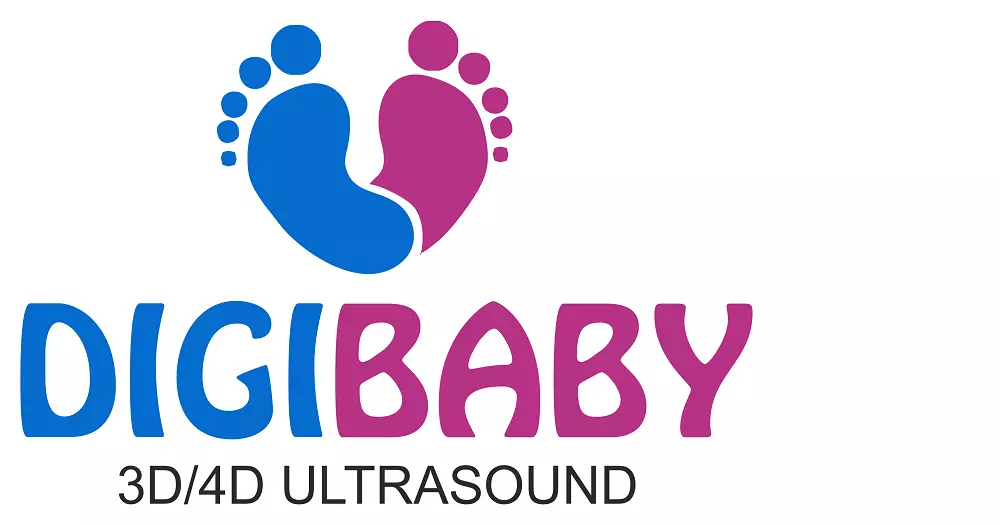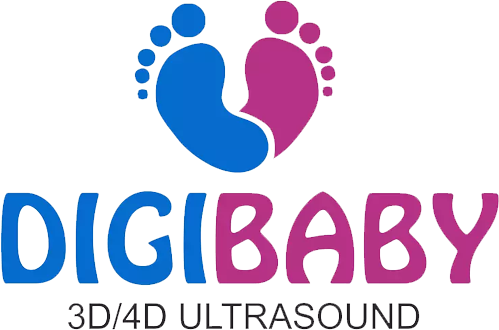Ultrasound Accuracy for Predicting Due Dates
Every pregnant woman is keen to know her due date. The 40-week countdown is a long period to wait for every parent, but they look forward to that particular day when they can hold their little one in their arms. At times, your gynaecologist calculates the due pregnancy date by making a simple calculation based on the last day of your last period. However, the due date calculated from your last menstrual period (LMP) through a due date calculator does not often match the date projected by an ultrasound scan. There is a marginal difference in the prediction made with the help of ultrasound and the women’s menstrual cycle. Yet, ultrasounds are more effective and help get a closer look at the development of the fetus and calculate the expected delivery date (EDD). Thus, ultrasounds are an effective and helpful way for gynaecologists or obstetricians for due date prediction, primarily when the menstrual history is unknown. Ultrasounds or sonograms are a risk-free method that gives you an enjoyable experience of seeing your baby in the womb.
But what is the accuracy rate of predicting the due date through an ultrasound? This blog will discuss this issue with other factors in estimating the expected delivery date.
What is an ultrasound, and how it can date your pregnancy?
Pregnancy ultrasounds are a simple medical procedure that captures sound waves to create pictures of how a baby develops in the womb. This imaging test has many uses in various medical fields but is generally used concerning pregnancy. Ultrasounds are also helpful for checking the female pelvic organs during pregnancy. Ultrasounds in pregnancy are beneficial because of many reasons, such as –
- Safer technique for you and your baby as there is no known risk of performing this procedure.
- Performing ultrasound is simple and can be done within a few minutes.
- The results obtained through ultrasound are accurate as it shows what is happening inside your body in real-time.
One of the most significant benefits of performing ultrasound during pregnancy is that it helps to evaluate the age of your pregnancy (gestational age). It can be estimated by comparing the growth of the fetus to conventional growth rates for babies across the world. Foetuses grow quickly and follow the same pattern of development during pregnancy. By measuring the size of the fetus, you can look at specific distinguishing characteristics and estimate the time when you conceived and your due date as well.
What does pregnancy due date mean?
Around 90 per cent of pregnancies (in standard cases) last between 37 to 42 weeks, and this period is referred to as “term pregnancy”. The given “estimated due date” (EDD) is when your pregnancy is estimated to last within 40 weeks. Only about 5% of the babies are born on the given exact due date, and focusing on this single date can make the end of your pregnancy quite stressful. You must be prepared for your baby after the 37th week of pregnancy till the 42nd week as it has a good chance of giving birth. Women with longer pregnancies are suggested to induce labour.
How due dates are calculated?
Traditionally the estimation of the due date was calculated with the help of the start date of a woman’s last menstrual cycle and adding a year to it, subtracting three months and then adding seven days. This method is commonly known as the Naegele’s rule. This method is suitable for women who have an accurate menstrual cycle. This method does not count the irregularities in a woman’s menstrual cycle; supposedly, the woman has a longer or shorter cycle than 28 days or any variation with the ovulation.
The other method to analyse the due date is by estimating your baby’s size from various measurements made during an ultrasound scan. Ultrasounds done during 6 to 8 weeks of pregnancy can help get the most accurate delivery date. A minimal variation can be detected, and almost all pregnancies are equal. In the later stages of pregnancy (during the second trimester), the foetuses develop at different rates, estimating due dates less accurate.
Can a pregnancy ultrasound determine the due delivery date?
Ultrasounds during pregnancy give an idea to the expecting mother about the health of their baby inside the womb and the tentative date of delivery as well. As we mentioned above, the due date calculated with the help of the menstrual cycle does not often match the due date assumed by ultrasounds. The accuracy of estimated due date through ultrasounds depends on different aspects, including –
- The current stage of pregnancy,
- The quality of the ultrasound machine,
- Position of the baby in the mother’s womb.
When is the right time for an ultrasound scan to determine the due date?
An ultrasound helps to know how far you have reached in your pregnancy. Your healthcare provider can predict the date with the help of the imaging results through ultrasound after six weeks of confirming the pregnancy. Always remember that as pregnancy progresses, there can be a gap between the expected date of delivery scanned in the ultrasound and the actual date.
How reliable is the estimated due date?
Nowadays, women frequently visit their doctor for ultrasound scans to know if their baby is safe or not and to measure the cervix (the passage that makes way for the baby to be delivered). Gynaecologists give the due date to give the expected parents a tentative idea.
There is no guarantee that you will deliver your baby on the same date suggested by your doctor. Only 5 to 6 per cent of the women have the baby on the exact due date, and about 70% of women deliver their baby within ten days of the estimated due date. A gynaecologist should tell their patients that the due date is the date suggested in the middle of a month-long period in which they can have their baby.
Can your delivery due to date change during pregnancy?
The early pregnancy test results have a little margin for error in determining the delivery date. There is no exact way for a gynaecologist to know the same time of conception. Therefore, there are chances that your doctor might change the due date based on the result of the first ultrasound, which is quite reliable. In many cases, the date may differ by more than a week in your first trimester only. If your consecutive ultrasounds show consistent progress in your foetus’s growth with no sign of any problem, then you don’t have to worry if, for some reason, the doctor changes the due date.
What is the significance of finding the due date?
The labour generally starts when the baby sends chemical signals to the mother’s body to say they are ready to be born. It is even possible that your labour hasn’t started because your baby needs more time to develop in the womb. The concept of being overdue means that the baby is due after the same length of pregnancy. Not all babies teethe or learn how to walk or talk simultaneously; why should all babies be born after the same number of weeks in the womb?
There are always some variations in the due dates. When mothers get into spontaneous labour, only 5-6% can give birth to their baby on the estimated date of birth, and around half were born after it. Many studies also suggest that the average pregnancy length is up to 40 weeks plus 3-5 days after the last monthly period. This length of pregnancy depends on various factors such as genetics, ethnicity, length of the menstrual cycle, etc.
Are you looking for professionals who can perform ultrasound during your pregnancy?
Digibaby 3D/4D Ultrasound is the place for you. We have high-tech and advanced machines that help get the exact result and let the expectant parents see their baby on the screen. You can consult us for the ultrasound and get the report for estimating your pregnancy due date. Digibaby also has advanced 3D 4D HD Live Ultrasound imaging services that let parents see their child’s looks while still growing in the womb. With our state of an art ultrasound machine, we get the increased resolution images of your baby’s movement and personality in 3D/4D HD Live with remarkable clarity. Experiencing the joy of seeing your baby in live motion is easy now with our latest technology. Get in touch with us now and get your ultrasound done with the help of the professionals at Digibaby 3D/4D Ultrasound


